The Rise and Fall of the Roman Empire: A Story of Power and Corruption
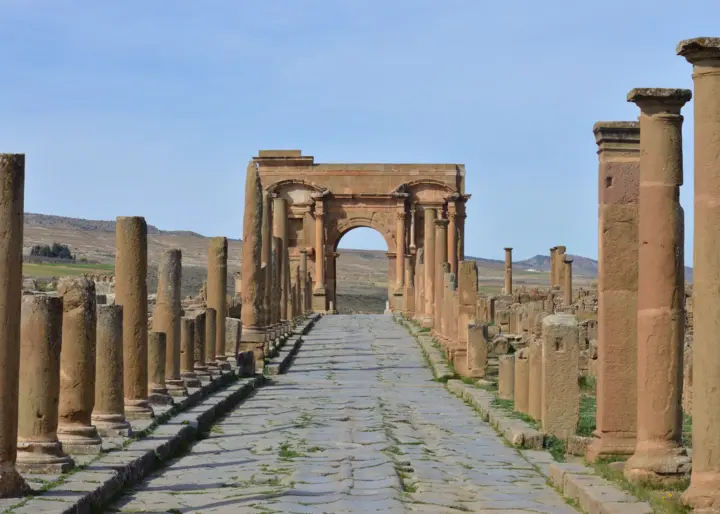
The Roman Empire is considered one of the greatest empires in history, lasting for more than 1,500 years, led by a group of powerful and brave rulers. However, this empire has experienced dramatic ups and downs throughout the ages. Corruption and the fragility of power have caused the collapse of this huge empire. In this article, we will explore the story of the rise and fall of the Roman Empire and learn about the role of power and corruption in this tragic collapse.
Show key points
- The Roman Empire grew from a modest city-state into a powerful civilization that ruled vast territories across Europe, Asia, and Africa.
- Roman emperors relied on military strength, diplomatic strategies, and urban prosperity to solidify their control over millions of people.
- Corruption deeply infiltrated the Roman political system, eroding governance and contributing significantly to the empire's eventual downfall.
- ADVERTISEMENT
- Economic dependency on distant regions and increasing social inequality undermined internal stability and strained the empire's resources.
- Internal conflict, royal power struggles, and mismanagement weakened the Roman state and fueled its disintegration.
- The fall of the Roman Empire had far-reaching global consequences, leading to political fragmentation and the rise of new powers.
- The Roman experience offers modern societies critical lessons on the dangers of unchecked power and the imperative of upholding justice and transparency.
1. The Romans: From empire building to global domination.
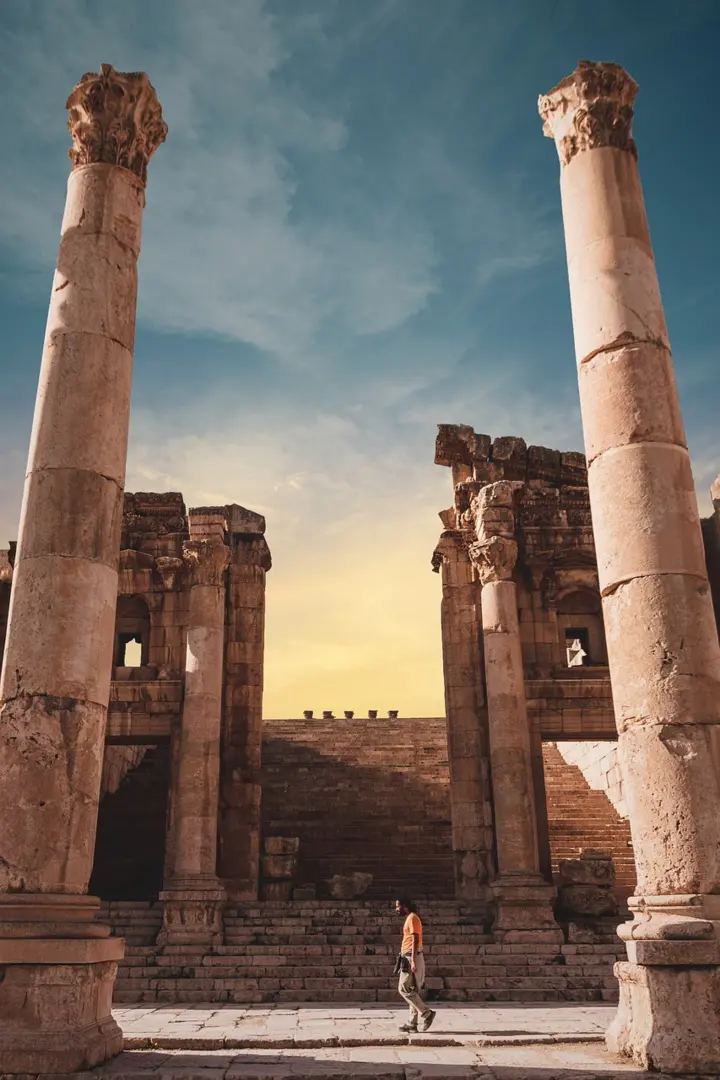
We will explore the Romans' journey from building their huge empire to expanding their world domination. The Romans are considered one of the leading ancient civilizations in history, as they were able to build an empire that spans continents and is influenced by diverse cultures.
Recommend
Since the beginning of Roman expansion, the Romans have used extensive strategies to strengthen their influence and spread their culture. Based on strong organizational foundations and lethal weapons, Roman armies attacked neighboring states and tribes and brought them under their control. The Romans began to establish new settlements and cities in the controlled areas, which contributed to the widespread spread of Roman culture.
Roman solidity and control of power were able to establish a period of stability and prosperity in the empire. Based on this fortitude, the Romans began to build the enormous infrastructure that helped unite the empire and provide basic services to the people.
In addition to military and organizational successes, the Romans were known for their sophisticated culture and artistic, philosophical, and legal contributions. The Romans transferred knowledge and technology from controlled cultures, and developed in fields such as architecture, medicine, and philosophy.
We can take the rise of the Romans to the world as a sign of the continued Roman power and their ability to control new lands and cultures. Roman stretched from northern Britain to the Sahara Desert in North Africa and from Europe to Asia Minor. This pioneering dominance reflected the attractiveness and confidence of the Romans in expanding their influence.
However, the Golden Reign of the Romans did not last forever. Other subheadings will reveal the reasons that eventually led to the fall of this huge empire, including the corruption and political struggles that followed. So what happened to make the Roman Empire collapse under the weight of external enemies and internal tensions? Stay tuned in the rest of the subheadings to learn more about the rise and fall of the Roman Empire and the role of power and corruption in this tragic collapse.
2. Power and Maximism: How the Roman Emperors ruled the Old World.

The Roman Empire had enormous power and overall control over the ancient world. How were the Roman emperors able to rule millions of people and extend their power to vast areas of different lands?
Answering this question requires looking at the strong and courageous Roman leaders who succeeded in storming distant lands and expanding their political and military influence. Roman emperors used various means to achieve the spread of Roman power, ranging from military expansion to assertive diplomacy.
The powerful Roman army was used as the primary tool for expansion and control. Led by skilled military commanders, the Romans were able to achieve continuous victories in wars against other peoples. The Roman army was not just a military force, it relied on a productive command structure and meticulous tactics. A strong centralized tax system was also established to finance the army and build the empire's infrastructure.
In addition to military force, the emperors used diplomacy to achieve their hegemony. For example, the Romans concluded agreements and treaties with other peoples to secure alliances and maintain temporary peace. It was a clever strategy that avoided most unnecessary conflicts and enabled the Romans to peacefully expand their influence.
However, Roman control was not only due to military and diplomatic power. The emperors took advantage of the prosperous Roman cities that were centers of trade, education, and culture. These cities attracted citizens and merchants from all over the empire, and gave a powerful and lofty image to the Romans.
In these multiple ways, the Roman emperors ruled the ancient world with power and power. They had the ability to expand the borders of the empire and involve other peoples in their economic and political system. But this hegemony also had negative consequences, including corruption and popular uprisings that contributed to the fall of the Roman Empire.
The answer to this important question lies in exploring the strategies of power and maximalism that were taken to rule the ancient world. Only by understanding these strategies can we benefit from the experiences of the Romans and strengthen our current political and military systems.
3. Corruption and the deterioration of the political system in the Roman Empire.
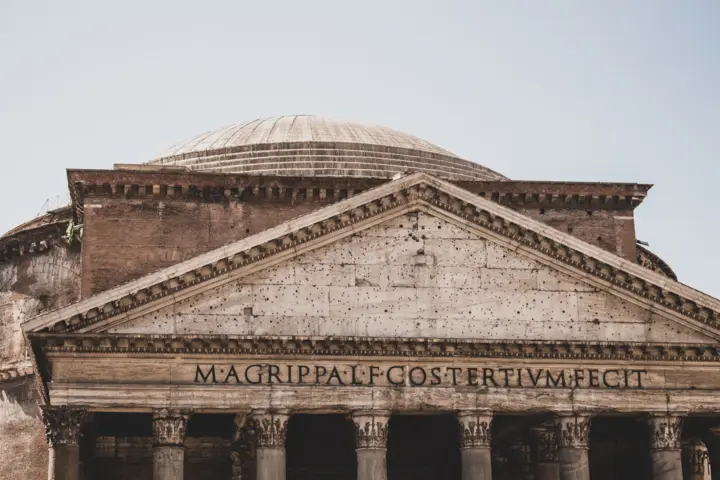
In the era of ancient Roman civilization, Roman political and economic power had an enormous influence on the systems of government and the development of the empire. But over time, corruption began to creep into this powerful political system, leading to the deterioration of the administration and the collapse of the great Roman Empire.
Political corruption was one of the main factors that led to the deterioration of the political system in the Roman Empire. At the beginning of the empire, there were strong systems to control corruption, such as anti-corruption commissions and power regulation legislation. However, as the empire expanded and power increased, corruption began to spread.
Smuggled money, bribes and bribes became part of the political system of the Roman Empire. Manipulation of public funds, illegal actions of officials, and embezzlement of funds were practiced repeatedly and systematically. The wealth of politicians and officials has accumulated obscenely, while poverty and social injustice have increased.
Some famous examples of corruption in the Roman Empire date back to the reign of the two mutual emperors. During the reign of Emperor Nero, Rome experienced a period of greed and destructive corruption. These corrupt acts have caused such widespread exploitation and injustice that public spaces have become a place of corruption and abuse.
In addition to political corruption, there was a deterioration in the system of government in the Roman Empire. Internal battles between rulers and royal families increased when absolute power became hostage to internal conflicts. Royal families began to fight for power and wealth, leading to deep divisions within the empire.
These internal conflicts led to the weakening and disintegration of the political system. Power was widely abused and used for personal interests, and political and administrative decisions were thus negatively affected. The Roman Empire was transformed from a strong ruling system to an autocratic and chaotic rule, contributing to the decline of the economy and society and the end of the empire.
Studying the decline of the political system in the Roman Empire and the role of corruption in it provides valuable lessons for modern societies. The need to enhance transparency, accountability and the fight against corruption remains essential today. Only through radical reforms in governance and the fight against corruption can we ensure sustainable stability and prosperity for our societies.
4. Economic and social transformations: other reasons for the fall of the Roman Empire.
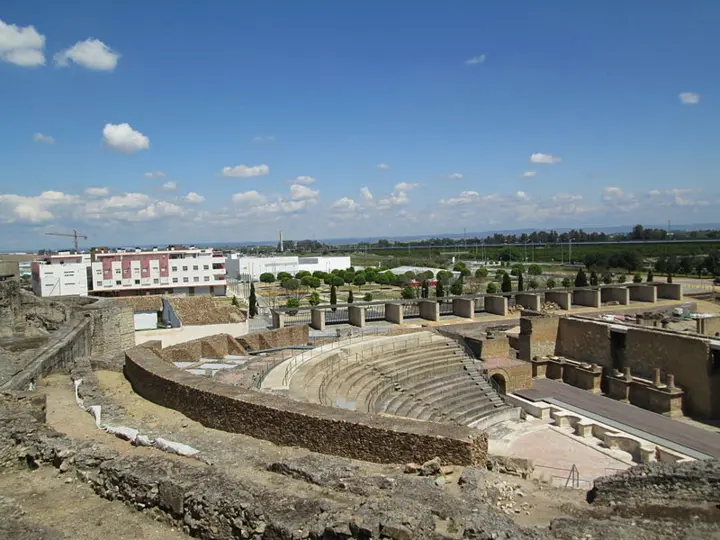
The Roman Empire had enormous economic power, with rich natural resources and an extensive trade network. However, economic transformations began to negatively affect the stability of the empire. Dependency on remote places for resources increased, depleting domestic resources and deteriorating the economy. The empire also suffered from problems of security threats and constant wars that pursued resources and hampered economic stability.
In addition to economic challenges, the empire also underwent important social transformations. The Romans granted many rights and privileges to colonial and minority peoples, leading to social conflicts. Divisions between social classes increased, and poverty and unemployment worsened. The social situation deteriorated and the empire lost a significant part of cohesion and legitimacy given to the people.
We cannot deny that the effects of economic and social transformations have caused the stability of the Roman Empire as did corruption and political decline. Widespread poverty, irregular trade, constant attacks on domestic resources, and social fragmentation have all contributed to the decline of the empire's power and stability.
Obviously, power and corruption played a role in the fall of the Roman Empire, but we must take into account economic and social transformations as other important causes. Therefore, studying the impact of these factors on the fall of the Roman Empire gives us a broader and deeper view to understand the causes of this historical collapse.
In short, these economic and social transformations weakened and destabilized the Roman Empire. We cannot overlook the importance of these factors in understanding the fall of this huge empire and its lessons that we can benefit from in the present.
5. The Bitter End: The Disintegration of the Roman Empire and its Global Repercussions.
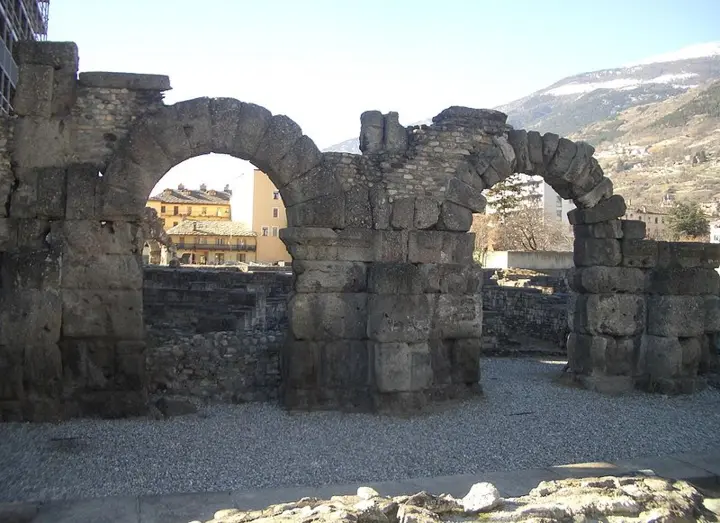
The end of the Roman Empire is considered one of the most dramatic chapters in the history of the great empires. After centuries of domination and power, this great empire is showing signs of weakness and decline. Economic, political, and social transformations caused this empire to disintegrate and bring it to the brink of collapse. But what are the real reasons behind this unfortunate end? What repercussions have affected the world?
One of the main reasons for the disintegration of the Roman Empire was political decline and rampant corruption in the corridors of government. The Romanian government began to be exposed to power tussles and internal conflicts that weakened its prestige and questioned the government's ability to manage effectively. Widespread unemployment, lack of justice and the increasing prevalence of corrupt people were exacerbating the crisis and upending society.
However, it was not only the political crisis that was responsible for the disastrous end of the Roman Empire. The empire underwent tremendous economic transformations, as the agricultural system was changed and the Abbasid economy spread. This led to the deterioration of the economy and the collapse of the empire's structure, which contributed to increased poverty and worsened social conditions.
In parallel, the impact of the bitter end of the Roman Empire was not confined to its borders. The entire world was affected by the collapse of this great empire. The disintegration of the Roman Empire contributed to a power gap and political fragmentation in the areas formerly under its control, opening the door to invaders and rebels. Many cultures and political systems were affected by the decline of the Romans, and cosmopolitanism suffered from a lack of stability and peace.
The bitter end of the Roman Empire serves as a powerful warning to contemporary nations and empires. Power and corruption, if not addressed resolutely, can lead to the annihilation of an entire civilization. Contemporary generations must draw lessons from the Roman experience and work to protect their political systems and promote transparency and justice in governance. We need to maximize effective governance and tackle corruption for a sustainable and prosperous future.
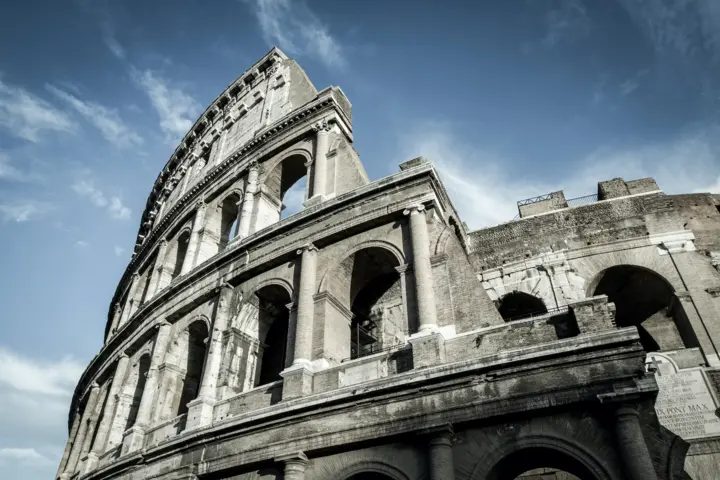
In the end, it can be argued that the Roman Empire was embodied in a complex story of power and corruption. Despite the glory and power of this empire that conquered the world, the deterioration of the political system and rampant corruption led to its disintegration and collapse. We must learn from the mistakes of the Romans and their dark fates, avoid corrupt power and defend the principles of justice and transparency in our political systems. Only when we live in societies free from corruption can we achieve real progress and prosperity.








